After a glamorous opening of the Africa International Film Festival (AFRIFF)
at the new Filmhouse-IMAX, Lekki, Lagos, the real business of the
one-week festival began on Monday with film screenings, industry
sessions, master classes and other programmes, taking place
simultaneously at the Silverbird Galleria, Victoria Island; Genesis
Deluxe and Filmhouse-IMAX, Lekki; Maryland Mall, Ikeka and Afrinolly
Space, Oregun Lagos.


For nearly four hours, the African Film Consortium
(AFC) held sway at The Palms, with filmmakers from different African
countries and the Diaspora, who converged to rub minds on the future of
cinema business in Africa.
Tagged “The Brand and Its Stakeholders”, the session, in conjunction with AFRIFF, was led by Mykel Parish, President of the AFC, and had moderators like veteran actor Richard Mofe Damijo and Brand Expert, Charles O’Tudor.
At the event, practitioners identified
funding as one of the problems confronting filmmakers in Nigeria and
African entertainment scene at large.
Musi Waa, the founding
president of the Cameroonian film industry noted that there exists a
better collaborative effort among Nigerians filmmakers, given reason
Nollywood is most influential when it comes to African entertainment.
Discussing the issue of funding, he said “I think funding should be
assessed on a global level. The major issue is that it is mostly
restricted by national policies. Everyone should be able to share the
same opportunities and platforms to allow creativity to be fully
maximised. Due to challenges in the distribution channels, we should
encourage local distribution and not put all our efforts into online
distribution.”
Andy Boyo, a patron of the Association of Movie Producers (AMP), Nigeria and a patron the Actors Guild of Nigeria (AGN) says the key issue in Nigeria is trust; “creativity
will go nowhere without trust,. I seek to see a unified African film
industry which I have tagged ‘Afrowood’, a collaborative effort that
surpasses borders and cultural limitations.”
He had previously initiated a Nollywood
cinema idea which had mostly met with failure because of government
interference and disbelief in the local brands.
An entertainment lawyer, Isioma Idigbe,
advised filmmakers to leverage on intellectual property in order to
assess funding, and to approach the production of film as a business
through proper acquisition and subsequent security of intellectual
property. “The industry can only be sustainable when the stakeholders
and financial organizations can create a system where investment in film
is seen as a viable business idea.” she concluded.
The convener, Mykel Parish was optimistic the symposia would take African cinema to the next level.
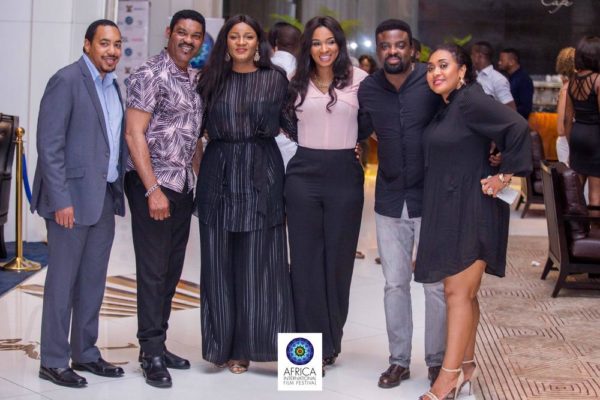


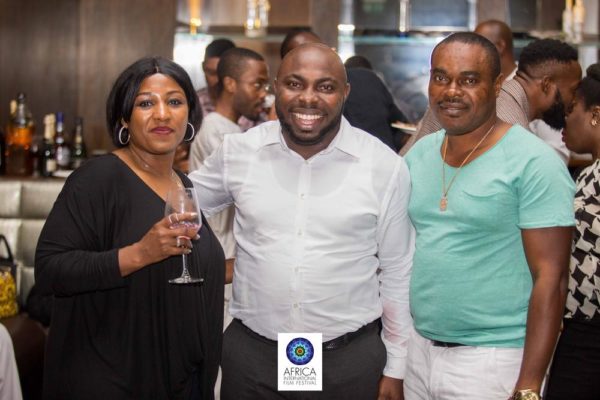


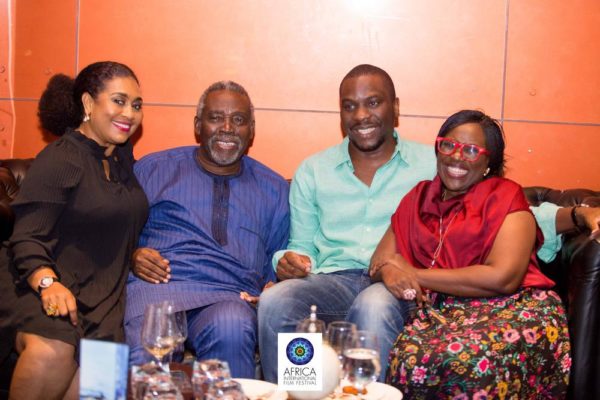

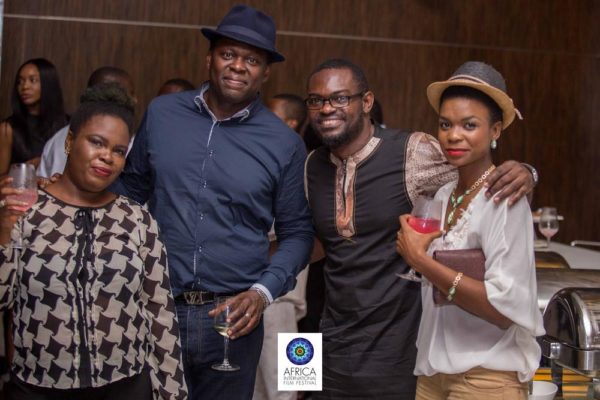


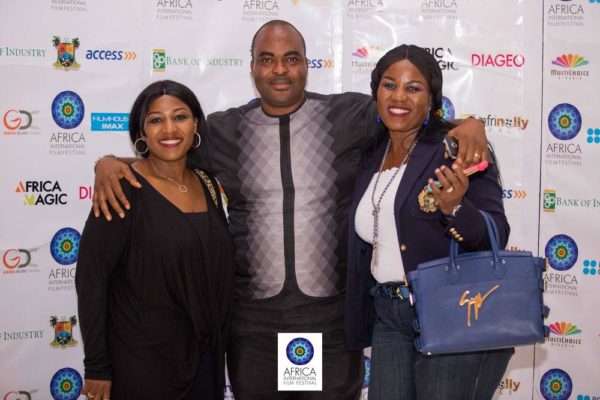

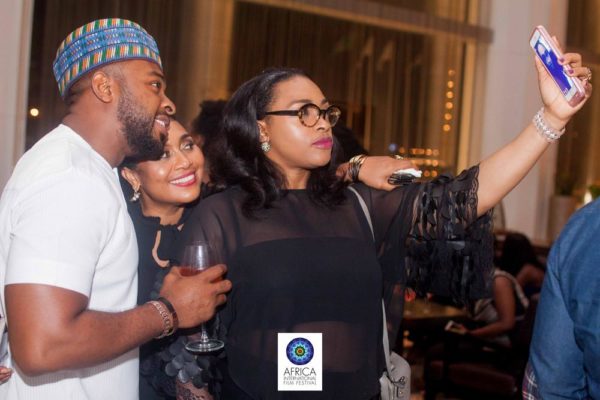
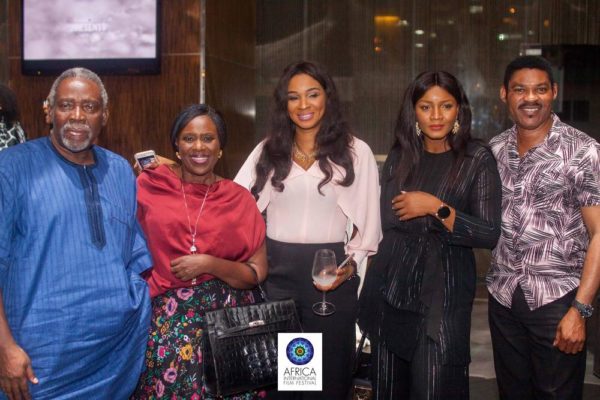


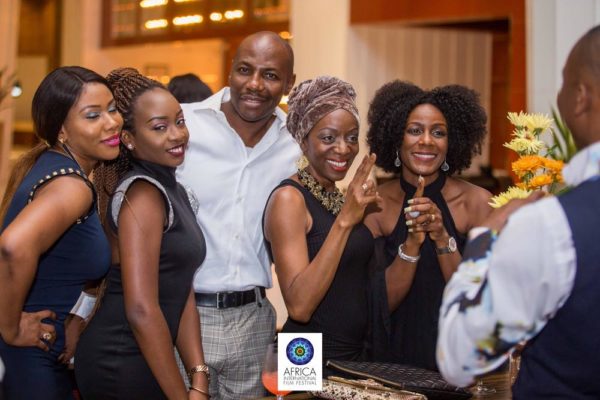

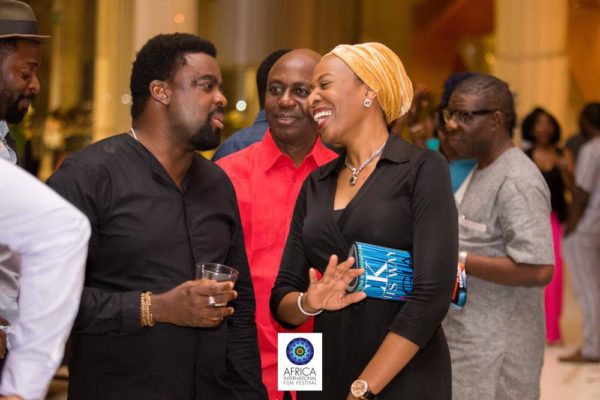
AFRIFF opened on Sunday with Nate Parker’s The Birth of a Nation, a film produced by American studio, 20th Century Fox.
Minister of Information and Culture, Alhaji Lai Mohammed
who attended the ceremony at the new Filmhouse-IMAX in Lekki, said
government is doing everything possible to turn to Nollywood for a new
foreign exchange earner.
“Mr. President has shown his weight
in the creative industry and has promised to do everything that’ll make
it possible to transit from a creative industry to a creative economy.
To this end, we are already in talks with the state governments and
investors to build us studio facilities that equal those in Mexico,
India and the U.S, to make filmmaking easier and increase the quality of
our films.”
AFRIFF is a week-long programme that
runs from November 13 to 19, showcasing about 155 world-standard
feature, short and documentary films. Its schedule also encompasses
talent development classes, industry workshops and creative discussions.










No comments:
Post a Comment